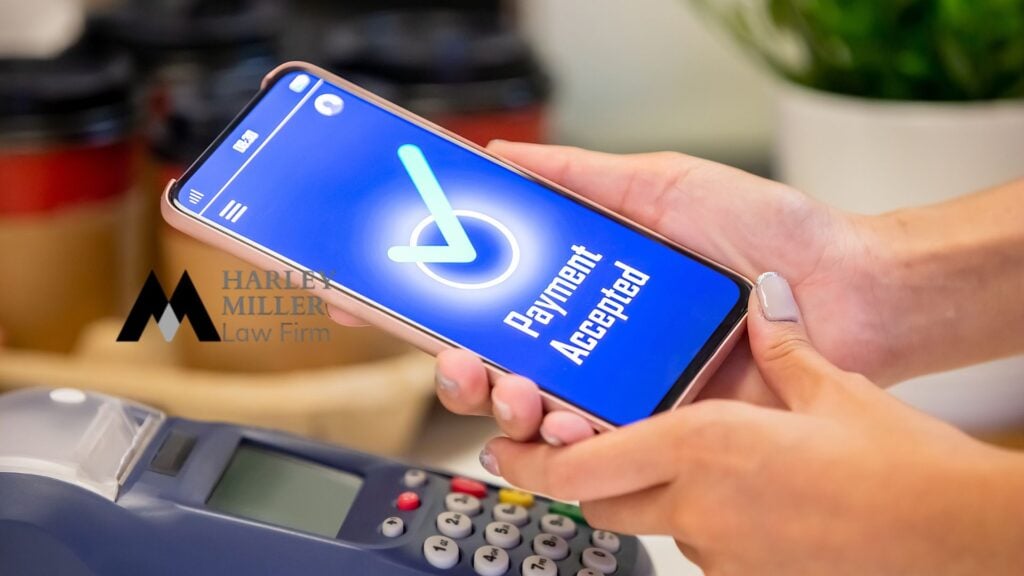

Since 2010, the Global Law Experts annual awards have been celebrating excellence, innovation and performance across the legal communities from around the world.
posted 2 months ago
In the context of the ongoing digital transformation worldwide, Vietnam is no exception to this trend. One of the key drivers propelling the digitalization of the economy is the rapid development of payment intermediary services. According to data from the State Bank of Vietnam, in the first 10 months of 2024, cashless transactions in Vietnam increased by over 57% in volume and over 34% in value compared to the same period last year. Notably, QR code payments doubled, reflecting a significant shift in consumer behavior. For businesses entering this fast-growing sector, understanding the regulatory process is essential—especially when applying for an Intermediate Payment Licence in Vietnam to ensure compliance and long-term success.
Payment intermediaries such as e-wallets, online payment gateways, and mobile banking are becoming essential infrastructure for digital economy sectors. From e-commerce, education, healthcare to public services, all are being digitized thanks to the ability to make quick, convenient, and secure payments.
The Vietnamese government has also identified electronic payments as one of the pillars of its national digital transformation program. Initiatives such as Decision 749/QĐ-TTg and 1813/QĐ-TTg emphasize the goal of universal access to electronic payment accounts and promoting financial inclusion.
This article will provide detailed guidance on the procedures for obtaining a payment intermediary license in accordance with the latest regulations for 2025.
Part I
1. Overview of payment intermediary services in Vietnam
Payment intermediary services are an integral part of the electronic payment ecosystem, connecting consumers with service providers, payment acceptance entities, and banks. In Vietnam, this activity is strictly regulated by the State Bank of Vietnam to ensure safety and efficiency, as stipulated in Clause 10, Article 6, and Clause 9, Article 4 of the Law on the State Bank of Vietnam 2010.
A payment intermediary license is a mandatory requirement for any organization wishing to provide this service. It is not merely a legal requirement but also helps businesses build credibility, gain trust from customers and partners, and open up opportunities for collaboration with financial institutions.
The year 2025 marks significant changes in payment intermediary regulations, with updates to security standards, minimum capital requirements, and technical specifications to align with emerging technological trends.
The Vietnamese payment intermediary market currently has over 40 licensed entities, with total transaction value estimated at over 250 trillion VND in 2024, projected to grow by 25–30% in 2025.
2. Types of payment intermediary services requiring a license
According to the current provisions of Clause 1, Article 22 of Decree 52/2024/NĐ-CP and Article 3 of Circular 39/2014/TT-NHNN (amended by Circular 23/2019/TT-NHNN), the types of payment intermediary services requiring a license include:
Financial switching services: Providing payment services through electronic means or devices between service providers.
Electronic clearing services: Receiving and calculating the amounts to be collected or paid after clearing by participating entities for settlement with relevant parties.
Electronic wallet services: Providing electronic value storage facilities that allow users to make online payments and other financial transactions.
Electronic payment gateway services: Connect payment systems with each other, facilitating transactions between consumers and payment acceptance entities.
Collection and disbursement services: Collecting or disbursing funds on behalf of the service provider or customer.
Money transfer services: Facilitating the transfer of funds between accounts, e-wallets, or other payment methods.
Other payment intermediary services: Including emerging services such as QR payments, contactless payments, and other innovative payment solutions.
3. Conditions for obtaining a payment intermediary license
According to Article 22, Clause 2 of Decree 52/2024/NĐ-CP, to obtain a payment intermediary license, a business must meet the following conditions:
Business requirements: The business must be a Vietnamese company currently in operation with a business registration certificate or a business license.
Capital requirements: Depending on the type of service, the minimum capital requirement ranges from VND 50 billion to VND 300 billion. For electronic wallet services, the minimum capital requirement is VND 50 billion; for payment gateway services, it is VND 100 billion; and for financial switching and electronic clearing services, it is VND 300 billion.
Technical and infrastructure requirements: The company must have an information technology infrastructure that meets security standards, including a primary data center and a backup data center, as well as a disaster recovery system.
Human resource requirements: Senior management must have experience in the financial-banking or information technology sector and no criminal record.
Business plan requirements: Present a feasible business strategy, market analysis, and financial projections for at least the first three years of operations.
Security requirements: Must comply with security standards such as PCI DSS, ISO 27001, and have multi-factor authentication solutions and data encryption.
Special conditions: Depending on the type of service, additional requirements may apply, such as not providing services other than payment intermediation, the ability to connect to the national payment system, and compliance with anti-money laundering regulations.
4. Application process for obtaining a payment intermediary license
The process for obtaining a payment intermediary license is stipulated in Clause 3, Article 24 of Decree 52/2024/NĐ-CP and the National Public Service Portal, and includes the following specific steps:
Step 1: Prepare the application documents – The business must prepare all required documents, including the application form, legal documents, business plan, and technical solutions.
Step 2: Submit the application to the State Bank of Vietnam – The application may be submitted directly or through the SBV’s online public service portal. Ensure the completeness and validity of the application.
Step 3: Application review process – The SBV will review the application, which may include on-site inspections of facilities, technology systems, and interviews with senior management.
Step 4: Feedback and supplementation of documents (if required) – During the review process, the SBV may request the business to supplement or clarify certain contents in the documents.
Step 5: Receive the license – After the application is approved, the SBV will issue the license to the business, valid for a period of 10 years.
Application processing time – According to the new regulations effective in 2025, the application processing time shall not exceed 60 working days from the date of receipt of a complete and valid application. However, in practice, this process may take longer due to additional requirements.
(To be continued in Part II)
Legal Consulting Services for Payment Intermediary Licenses – Harley Miller Law Firm
With over 10 years of experience in the field of financial technology (FinTech) law in Vietnam, Harley Miller Law Firm provides comprehensive consulting services for businesses seeking payment intermediary licenses:
Legal strategy consulting: Assessing business models, identifying specific legal requirements, and developing a tailored compliance roadmap for each business.
Application preparation and submission support: Drafting all necessary legal documents, ensuring compliance with SBV requirements, and reviewing the completeness and accuracy of the application before submission.
Representing the business: Working directly with the SBV and relevant regulatory authorities, monitoring the progress of the application process, and promptly responding to any additional requests.
Ongoing legal compliance consulting: Keeping you updated on regulatory changes, assessing their impact, and proposing adjustment plans, as well as assisting in maintaining compliance after obtaining the license.
Why choose Harley Miller Law Firm?
Expert team: FinTech-specialized lawyers with direct experience working with the SBV.
Comprehensive approach: Combining legal advice with deep understanding of technology and business.
Network of partners: Collaborations with financial, technology, and security experts to provide comprehensive support.
Contact us for consultation: miller@hmlf.vn | Hotline: +84 937215585
Author


No results available
posted 6 hours ago
posted 2 days ago
posted 2 days ago
posted 4 days ago
posted 4 days ago
posted 4 days ago
No results available
Find the right Legal Expert for your business
Global Law Experts is dedicated to providing exceptional legal services to clients around the world. With a vast network of highly skilled and experienced lawyers, we are committed to delivering innovative and tailored solutions to meet the diverse needs of our clients in various jurisdictions.
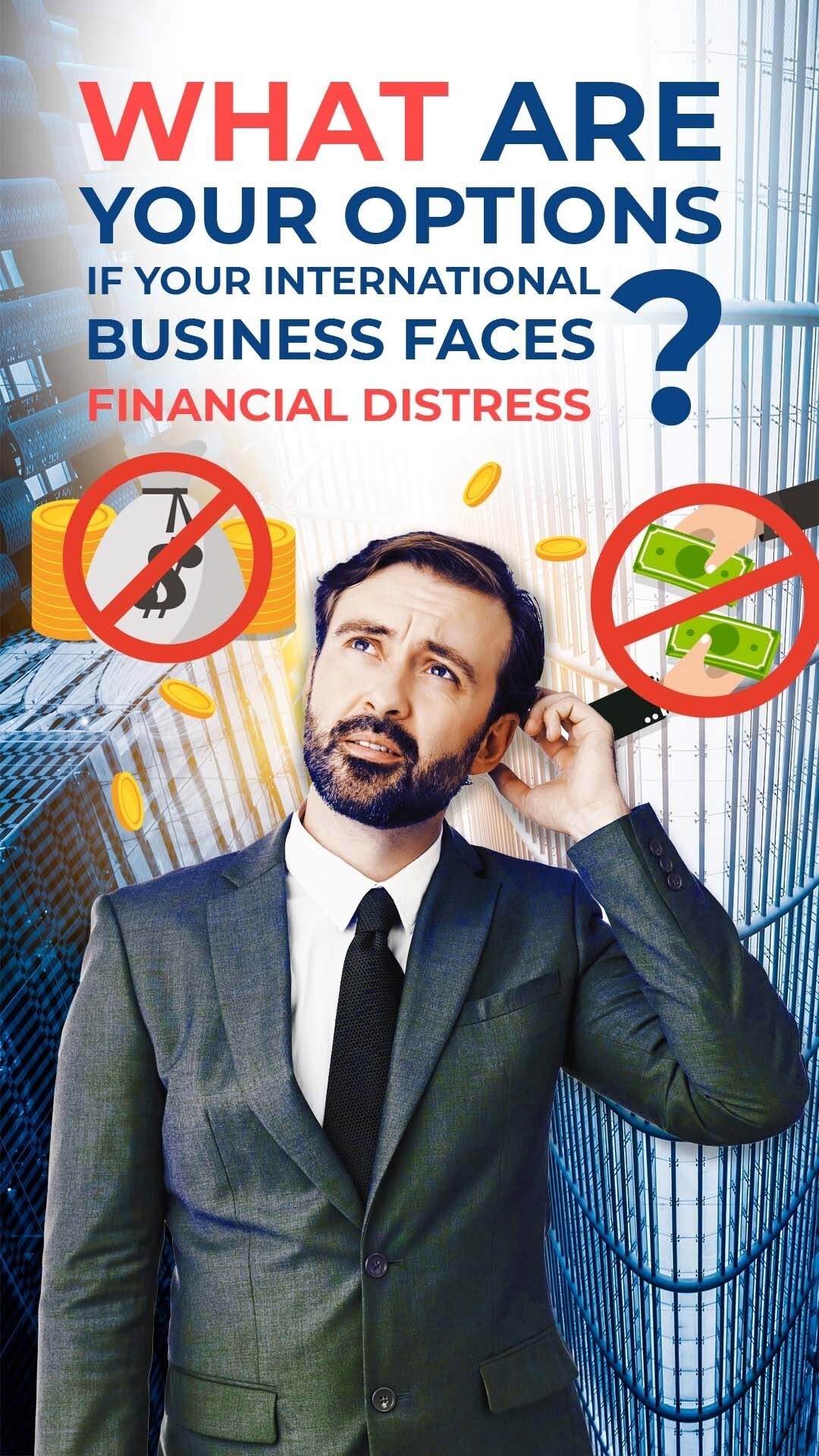
When your international business faces financial distress, quick action is key! 🔑 Negotiating with creditors, restructuring debt, and understanding insolvency laws can help regain stability. Global Law Experts is here to guide you through your options.
🌍Explore the details on our website.
🔗Link in bio
#GlobalLawExperts #CommercialLaw #BusinessLaw #LegalAdvice #BusinessGrowth #LegalTips #BusinessStrategy #LegalCompliance #Law #LegalKnowledge #LegalAwareness #Law101 #LegalEducation #IntellectualProperty
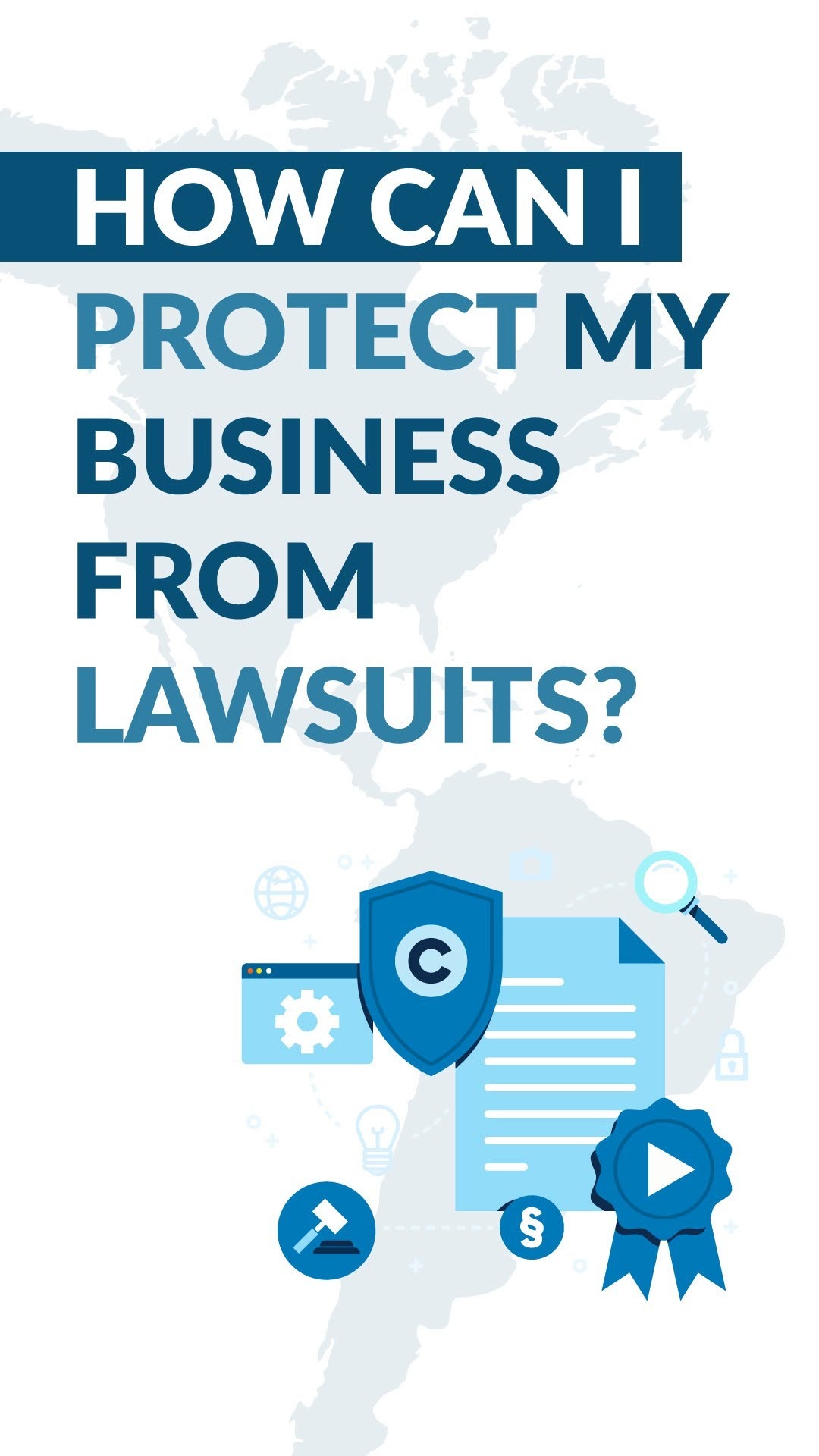
Running a business is hard enough — lawsuits shouldn’t make it harder. 🚫 Protect your business with the right legal strategies and expert tools from Global Law Experts. Let’s secure your future together! 💼
🌍Explore the details on our website.
➡️www.globallawexperts.com
#GlobalLawExperts #CommercialLaw #BusinessLaw #LegalAdvice #BusinessGrowth #LegalTips #BusinessStrategy #LegalCompliance #Law #LegalKnowledge #LegalAwareness #Law101 #LegalEducation #IntellectualProperty #Infringed #Ecommerce #LegalBranding
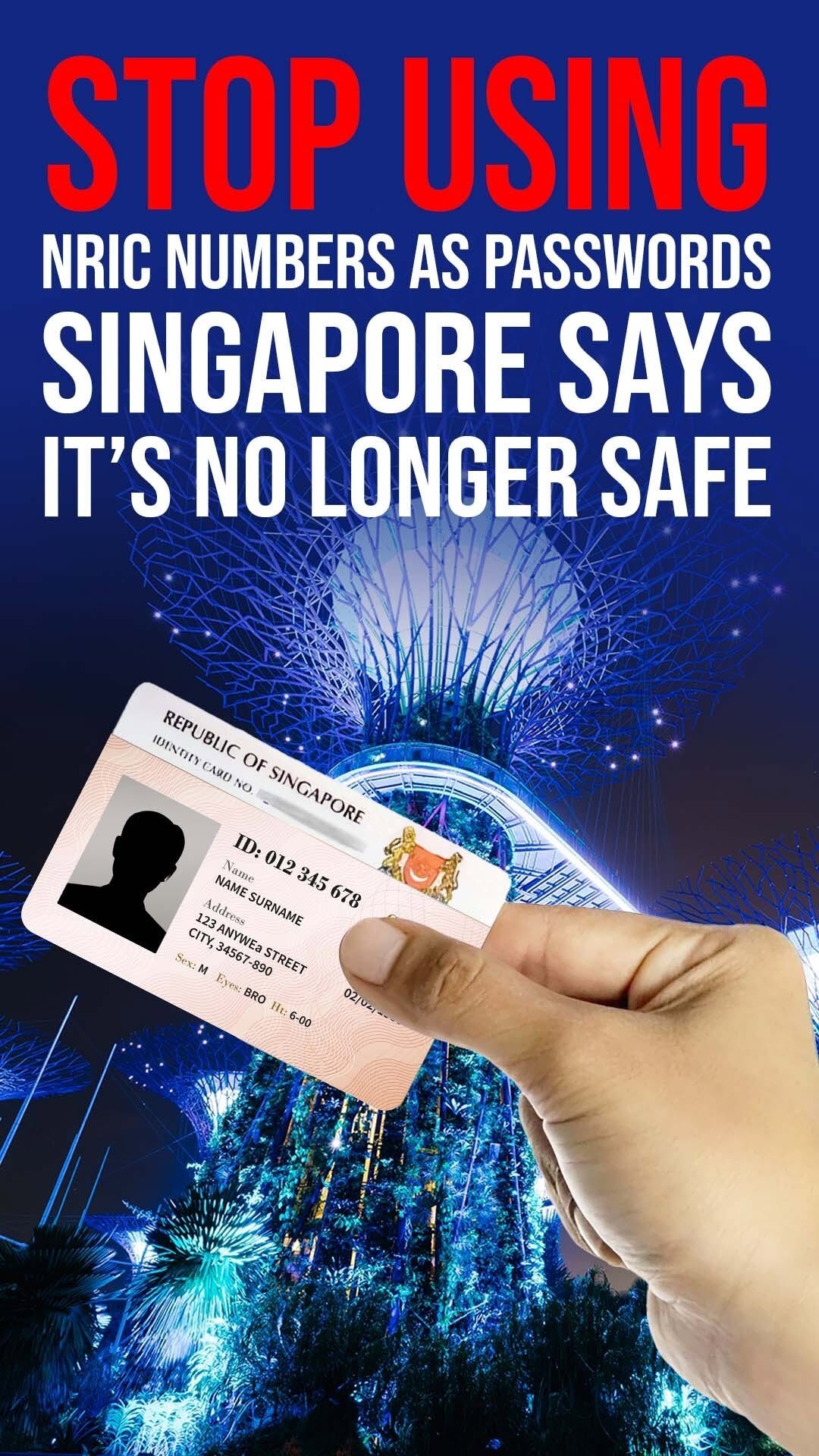
Using NRIC numbers as passwords or identity proof? That era is done. Strengthen your security with multi-factor authentication and biometrics—because your clients' trust depends on it.
#SingaporeLaw #DataPrivacy #CyberSecurity #PDPA #NRIC #MFA #StrongAuthentication #LegalCompliance #ClientTrust

Swiss law protects secured lenders—with precision. From real estate to IP and bank accounts, every asset counts—just as long as it’s defined, documented, and delivered.
#SwissLaw #SecurityInterest #Collateral #InternationalLending #SwissFinance #LegalCompliance #GlobalBusiness #AssetSecurity

Gold trading in Saudi Arabia isn’t just a business—it’s a lab test, a permit, and a legal tightrope. Want to succeed? Start with compliance, hallmarking, and permits—or risk losing it all.
#GoldTrading #SaudiLaw #PreciousMetals #BusinessSetup #LegalCompliance #GlobalBusiness #SaudiArabia #TradeRigour
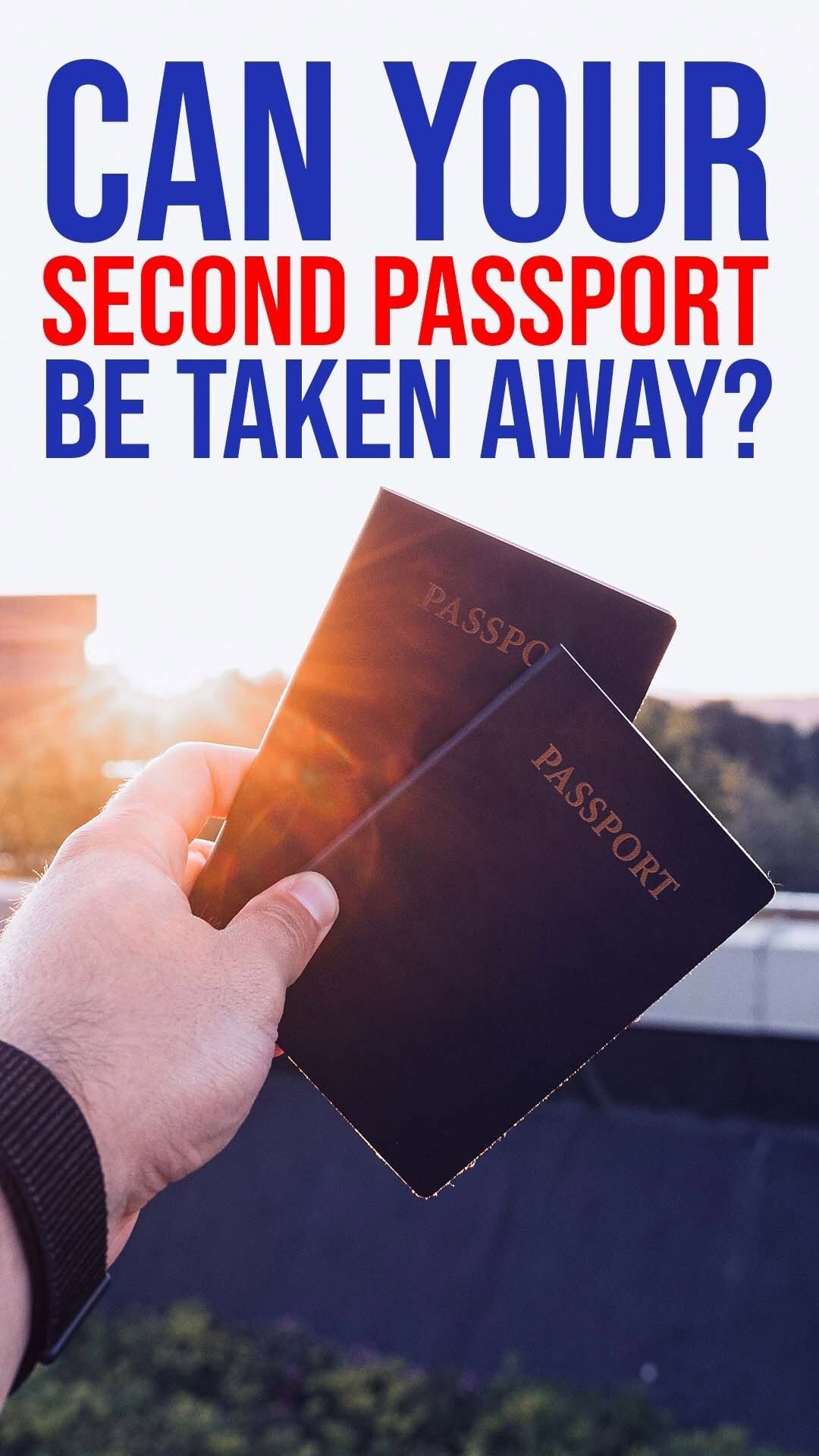
Second citizenship isn’t permanent—especially if you break the rules. Know the risks and how to safeguard your status: be transparent, stay lawful, and honour all citizenship requirements.
#SecondCitizenship #CitizenshipRisks #DualNationality #Compliance #GlobalMobility #LegalAdvice #ImmigrationLaw

Send welcome message